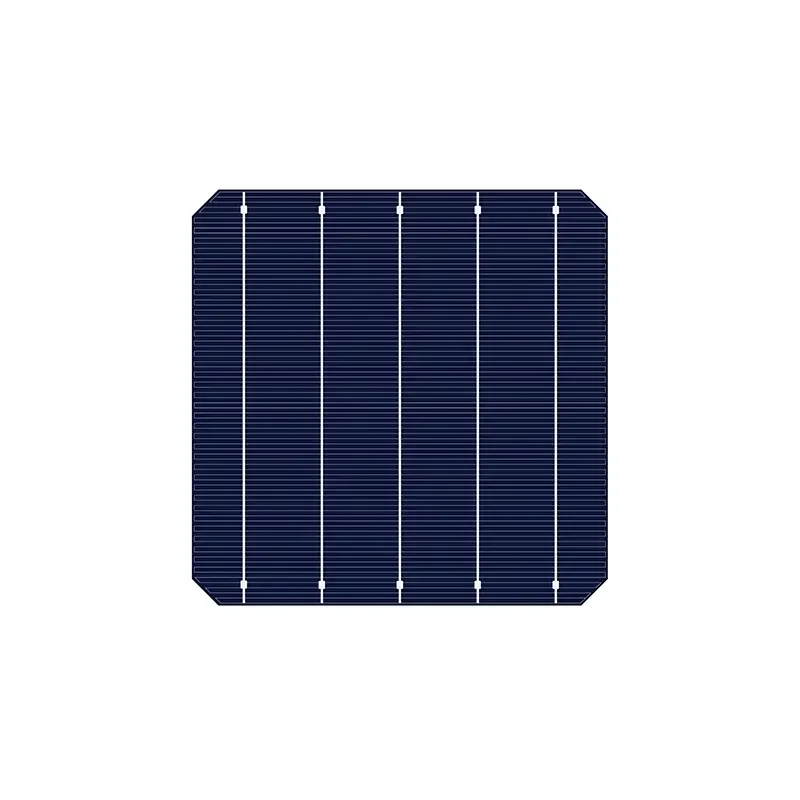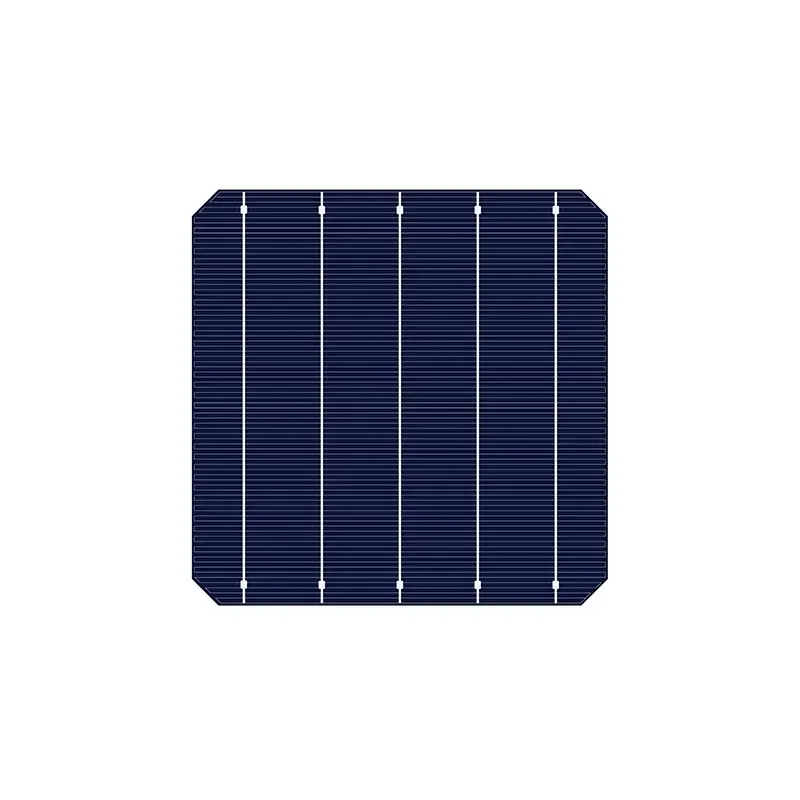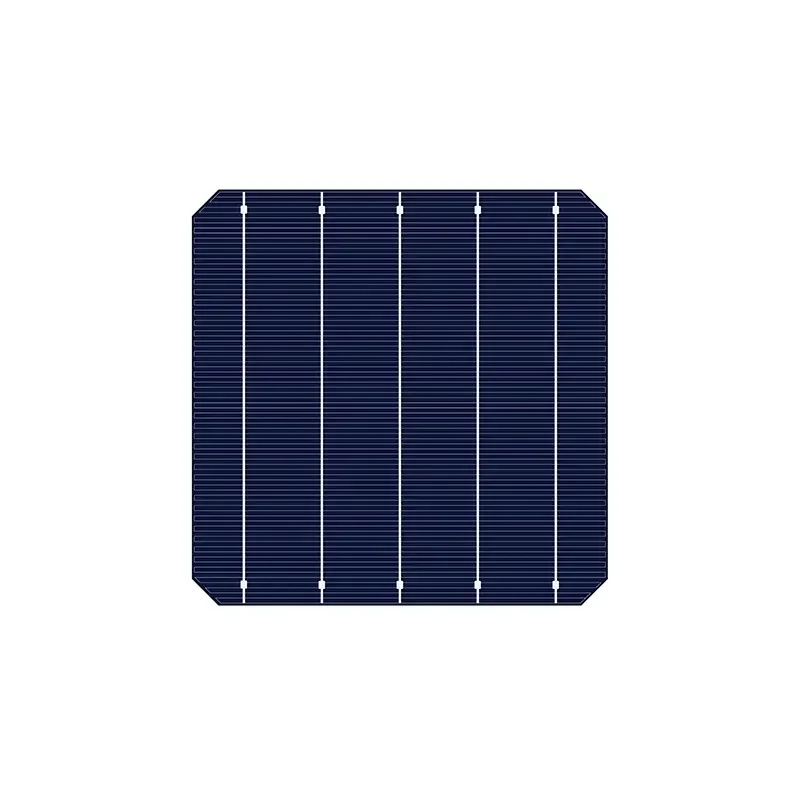Renewable Energy
Exploring the Future of Sustainable Power Introduction:
The world's reliance on fossil fuels for energy has led to severe environmental consequences. In recent years, there has been a significant shift towards renewable energy as a sustainable and cleaner alternative. This blog aims to explore various aspects of renewable energy, including its importance, types, and future prospects.
1. Importance of Renewable Energy: Renewable energy plays a crucial role in reducing greenhouse gas emissions and combating climate change. Unlike fossil fuels, which are finite resources, renewable energy sources such as solar, wind, hydro, and geothermal are abundant and will never run out. They also offer a more sustainable solution to meet our growing energy demands.
2. Types of Renewable Energy:
a) Solar Energy: Solar panels convert sunlight into electricity, making it one of the most accessible and widely used forms of renewable energy.
b) Wind Energy: Wind turbines harness the power of the wind to generate electricity, especially suitable for coastal areas or wind farms.
c) Hydro Energy: Utilizing the force of flowing or falling water, hydroelectric power stations generate electricity on a large scale.
d) Geothermal Energy: This form of energy utilizes the heat from within the Earth to produce electricity or heat buildings.
e) Biomass Energy: Biomass refers to organic matter such as plants or agricultural waste that can be burned to produce heat or electricity.
3. Advantages and Challenges:
a) Advantages: - Renewable energy sources produce little to no greenhouse gas emissions, reducing our carbon footprint. - Renewable energy technologies continue to evolve, becoming more efficient and cost-effective. - They offer energy independence and security by diversifying our energy sources.
b) Challenges: - The initial installation costs of renewable energy systems can be high, although they have been decreasing over time. - Renewables may be weather-dependent, meaning their output varies with sunlight, wind strength, and water availability. - Developing countries may face infrastructure and financing challenges in adopting renewable energy technologies.
4. Future Prospects:
a) Technological advancements: Continuous research and development are driving innovations in renewable energy technologies, making them more efficient and accessible.
b) Government support: Many countries are implementing policies and incentives to encourage the adoption of renewable energy.
c) Decentralized energy systems: The future may see a higher share of localized energy production through small-scale renewable energy systems, promoting energy independence and resilience.
Conclusion: Renewable energy holds immense potential in transforming our energy sector and mitigating climate change. By embracing these sustainable alternatives, we can build a cleaner and more sustainable future for generations to come. Through continued research, innovation, and policy support, renewable energy has the power to revolutionize the way we generate and consume power, leading us towards a greener and brighter tomorrow.

 EN
EN
 AR
AR
 BG
BG
 HR
HR
 CS
CS
 DA
DA
 NL
NL
 FI
FI
 FR
FR
 DE
DE
 EL
EL
 HI
HI
 IT
IT
 JA
JA
 KO
KO
 NO
NO
 PL
PL
 PT
PT
 RO
RO
 RU
RU
 ES
ES
 SV
SV
 TL
TL
 IW
IW
 ID
ID
 LV
LV
 UK
UK
 VI
VI
 HU
HU
 TH
TH
 TR
TR
 AF
AF
 BE
BE
 HY
HY
 MG
MG
 ML
ML
 UZ
UZ
 LB
LB
 FY
FY
 XH
XH





